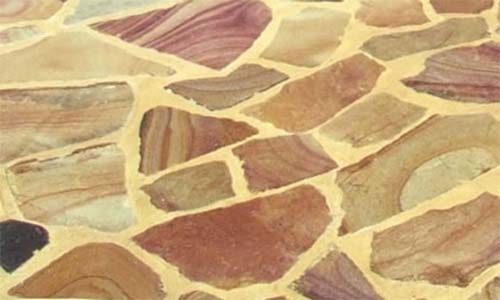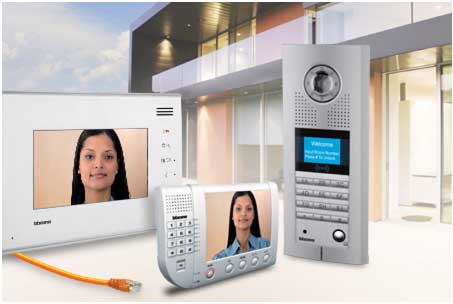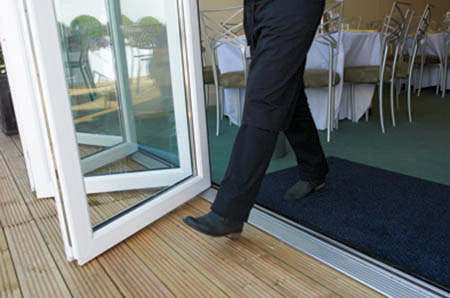Approved Trader
Breakdown of renewable energy options used with FIT for UK homeowners
The environment is important to all of us, with the dwindling oil and gas supplies and rising cost of uk home owners monthly energy bills more and more of us are turning to renewable energy to power their home.
Air Conditioning
Services
We are here when you need us to service both your residential and comercial properties.
Find a local trader and receive competitive FREE quotes? Whether you're looking for double glazing, to build a conservatory or in need of a builder to construct a home extension, we can help you find approved traders from your local area
>

Find a local trader and receive competitive FREE quotes?
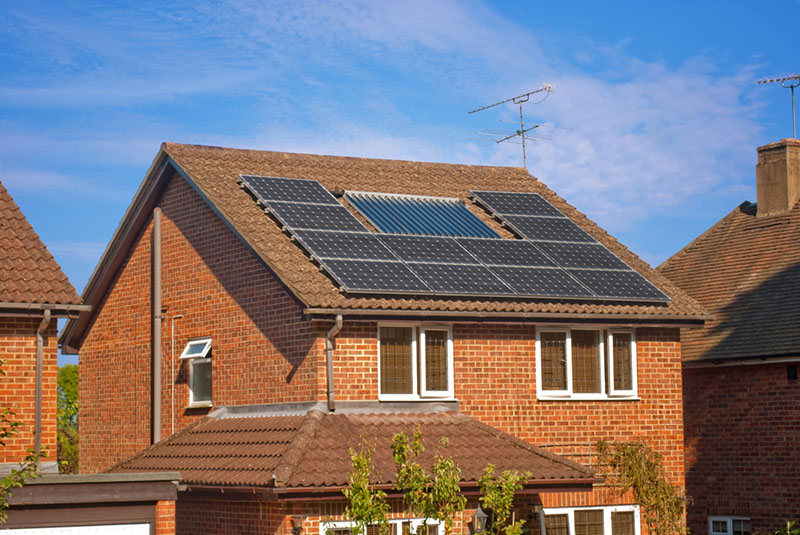 Solar PowerSolar Power is the most popular option available on the FIT system with 554,186 solar panel units installed generating 2,378mw of electricity per month. To get the best output from your solar panels it is recommended that you have south facing roof, if the conditions are favourable you should expect to recoup the cost of your solar panels with the average cost being between £6,000 and £7,000 within ten years throught the Fit scheme. Somr companies offer free solar panels for your home with the proviso they receive the FIT payment for the unit, it is important to note that having this arrabgement could impact on your mortgage as the contract is usually around 25 years and will be tied to your property even in the event of you moving home. |
|
|
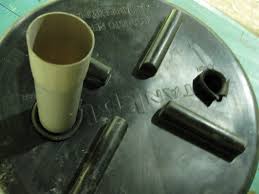 Anaerobic DigestionNot only is Anaerobic digestion a green source of energy, it also helps reduce the amount of waste you generate that is sent to your local land fill. Anaerobic digestion uses the gasses produced by the breakdown of your homes biodegradable waste and burns this gas in the same way as natural gas, producing electricity. A major drawback is that the majority of UK homes don`t generate enough biodegradable waste to make this a practical option. |
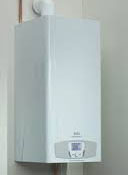 Micro-CHP (micro combined heat and power)Although still using gas from the mains, LPG or oil Micro-CHP is still considered a low carbon option and is eligible for the FIT scheme. They look very much like a normal home combi boiler, the difference being as well as heating your home e Micro-CHP also generates electricity. If you are looking at replacing your current home boiler this may be a great option for you, although more expensive than a traditional boiler a Micro-CHP boiler will enable you to claim the FIT payment helping both the environment and your wallet. |
All figures from the department of energy climate change

